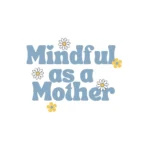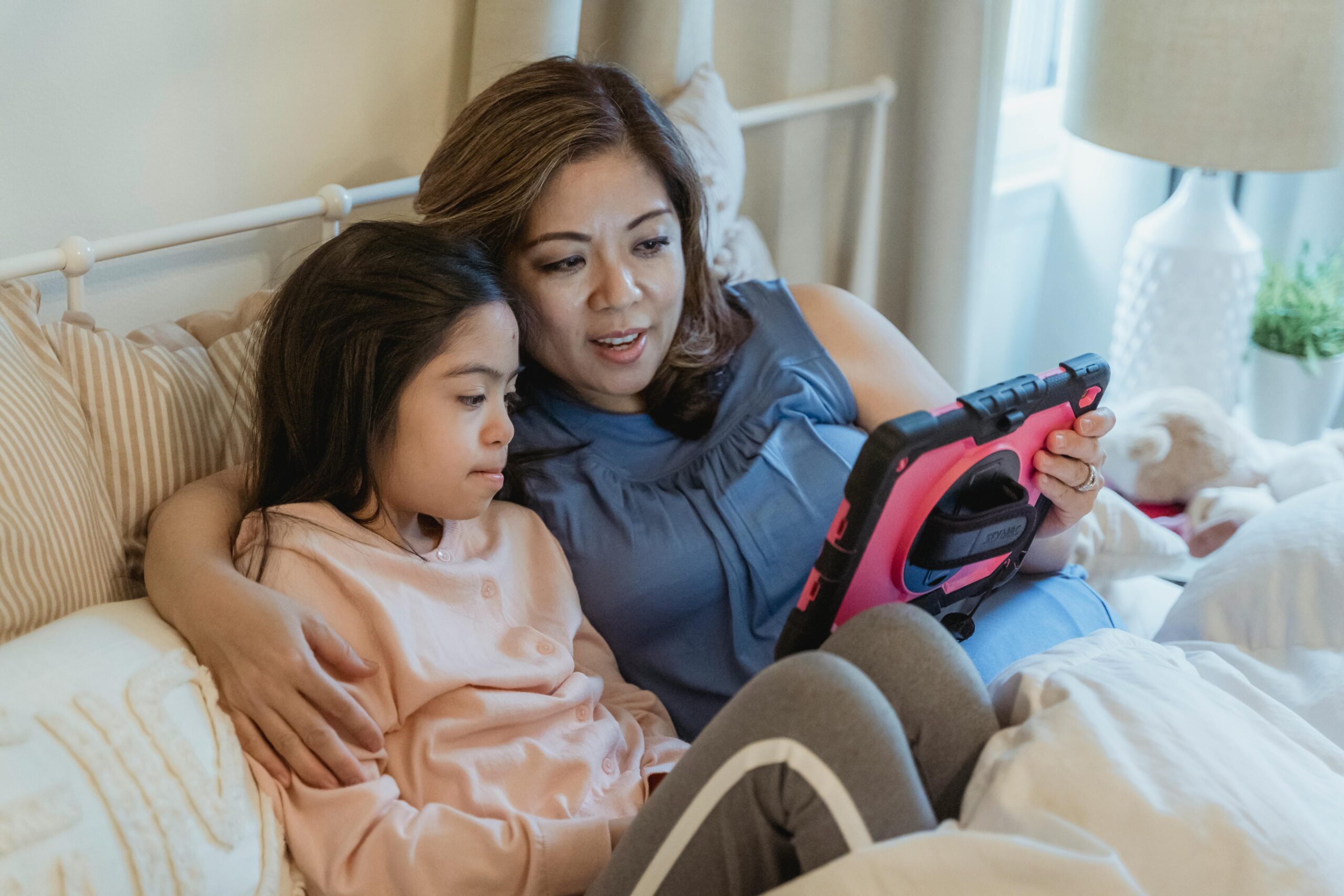I’ve tried to start this blog over several days, but I keep overthinking it. You know when you feel overwhelmed by the idea of doing something, so you never do it? That’s me. Anyway…
We’ve discussed a lot about “nervous system regulation,” “emotional regulation,” “stress response,” and “self-care”—essentially, the trending buzzwords on social media right now. And it’s not just us; content creators everywhere are eager for you to become a regulated queen, yet no one is explaining how to actually achieve that status.
Frankly, regulated does not mean that you’re calm all the time. It’s important to me that you know that, especially in parenting. What does it mean to be regulated?
Before we delve into the four steps for practicing regulation, let’s first clarify what being regulated means. Being regulated involves experiencing a range of emotions while also managing them with self-compassion. It doesn’t imply that you won’t ever feel angry, sad, upset, frustrated, hurt, or any other emotion. In fact, it’s healthier to experience and express a variety of feelings and to show your child that it’s normal to have those emotions. I’m not suggesting that you yell at, hit, or throw things at your child; rather, I’m saying it’s completely acceptable to cry, express frustration verbally, or take some time alone in your room when you’re feeling overwhelmed. All of these responses are perfectly okay.
Imagine, and some of you may have experienced this, that you never see your partner, parent, or friend express any emotion other than “happy” and “okay,” even when those feelings don’t fit the context of the event or situation. You would recognize that the emotions don’t match, and so will your children. If you want to build a strong connection with your children, you need to be honest, because we all know when someone isn’t being authentic.
So being regulated is not the same as being calm. How DO we practice regulation?
The Four Steps of Regulation
- Notice, notice that you’re having a feeling. Even if you don’t do anything else, this can be incredibly impactful. If you’re just learning to practice this, think about the last time you had a big reaction to a small problem. What was happening for you? How did your body feel? What thoughts did you have? Label these with neutral/descriptive language
- “I am so stupid” -Thought, “My face was hot”- Sensation, “I couldn’t help but yell”- action
- Acknowledge Without Judgment; you practice just seeing what’s happening for you. You’re attuned to your experience, which will help you attune to your child. This is where we work to avoid “shoulding” ourselves. Often we say, “I knew better, or I should be doing XYZ”. That’s not helpful. It’s okay to have big reactions, just acknowledge that you had one and what it was like.
- Practice Self-Compassion; if you’re reading this blog, I know that you are working to reparent yourself. You’re a parent doing the best that they can in a very hard situation. In a way, you are experiencing a moment of suffering. Oftentimes, I tell people to talk to themselves the way that they would want to talk to their children in this situation. Be the parent you needed, but likely didn’t have.
- Release Tension; this is where those buzzwords like “self-care” and “stress cycle” come into play. This is where we coach you on activities that mindfully and intentionally release the emotional energy in your body.
- Release your fists, release your jaw, jump, dance, shake your body, exercise, deep breaths. We talk in depth about how to “close your stress cycle” and release tension from your body in our social media content and on the podcast.
It takes 400 repetitions to learn a new skill. That means you’ll need to practice this four-step process many times before it becomes a regular habit. THAT IS NORMAL, and don’t “should” on yourself about how quickly it needs to happen because I can already hear you. Before you know it, you’ll realize how long it’s been since you’ve parented your child in a way you regret in the heat of the moment. You weren’t always calm, because calm doesn’t always make sense, but you were regulated.
If you want a cheat sheet to practice this four-step process, get our free Calm Mom Cheat Sheet here.




Sometimes I feel like I’m living with the kids who is bipolar and he’s only seven. With mood changes he had big-time anger issues and they kept escalating this last time. Put him in the hospital with the realization that his meds probably weren’t working. He’s out now and seems to be regulating God I hope so. I’m getting exhausted so I understand how important regulation is
Patti- This is exhausting. I have no doubt you know how important emotional regulation is and also how helpless we can feel as parents. I hope you both continue on an upward trajectory.